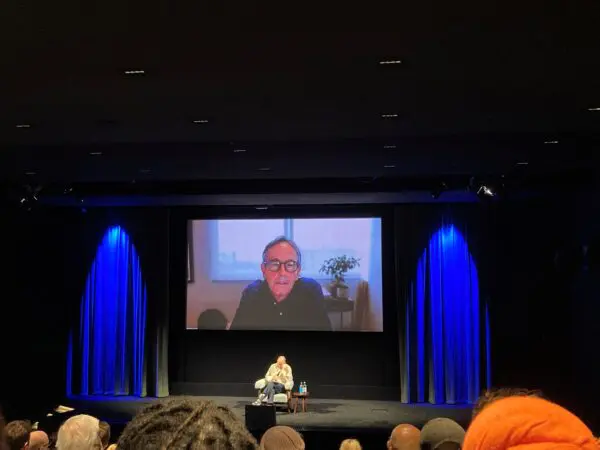The Jurassic franchise has inspired generations of palaeontologists and helped make science and adventure exciting for audiences around the globe. Committing to sustainable film production is a multifaceted process – from the stories we tell on screen, to the choices we make behind the scenes. Whether it’s building greener sets, reducing waste, or adopting low-impact production practices, every decision plays a part. Blockbuster film Jurassic World Rebirth, part of the iconic dinosaur franchise, continues the series’ legacy of exploring how we as humans interact with the natural world. But with this latest instalment, how has the cast and crew continued to build on the franchise’s legacy of making science exciting for audiences while implementing new behind-the-scenes efforts for sustainability?
Producer Patrick Crowley points to the fact that there are “all these ways that you can really have less of an impact on the planet, and it’s something we all have to do”. Taking part in a special Q&A as part of the BAFTA and BAFTA albert’s Green Light series on sustainability in the industry, Crowley shed light on some of the processes they adopted on set, including how Universal’s GreenerLight Program enabled them to champion sustainability across the filmmaking process.








